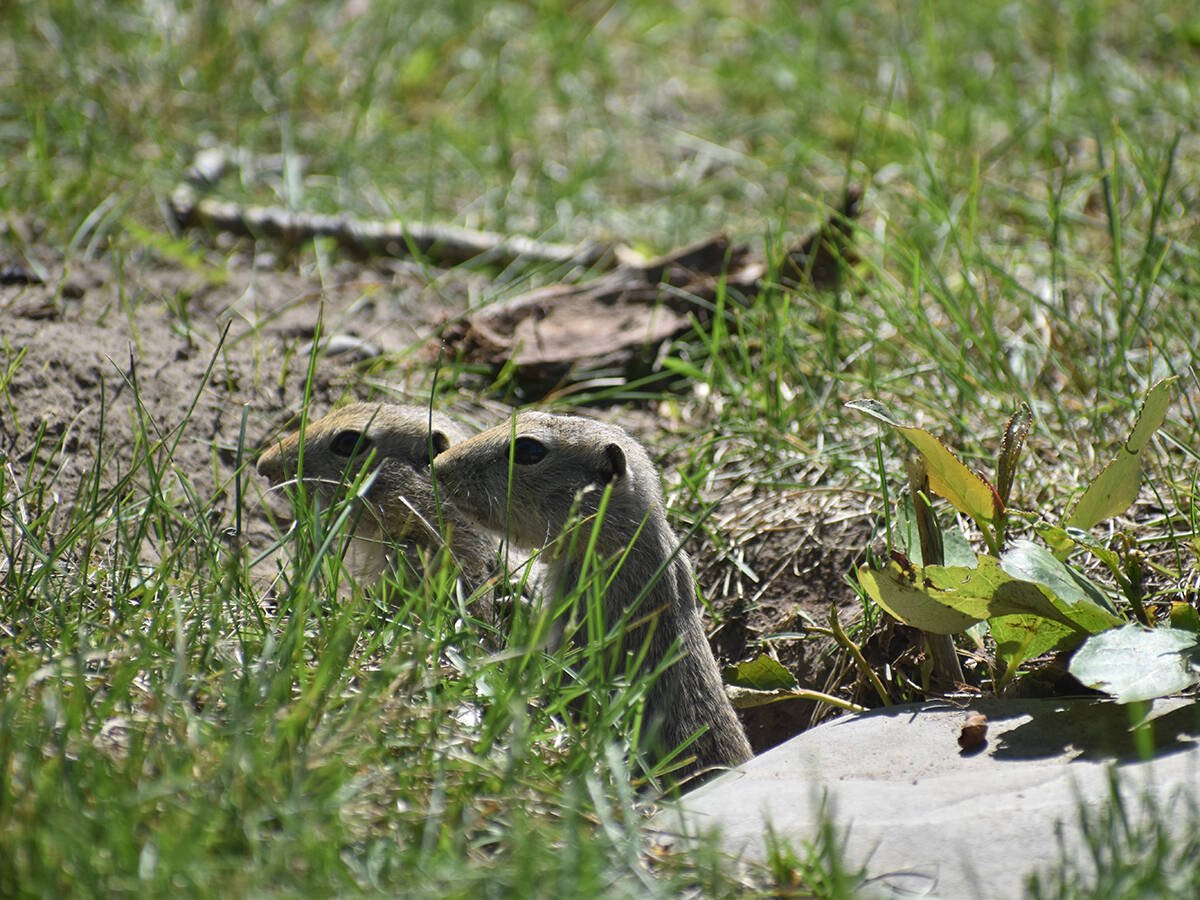SASKATOON — Another major customer is considering trade sanctions against Canadian wheat.
Canada is already facing the prospect of tariffs or quotas that would limit shipments to the United States.
Now Brazil, which has bought more than 1.2 million tonnes of wheat from Canada so far this crop year, is investigating whether to levy a countervailing duty against Canadian imports.
Brazilian investigators are gathering information about subsidies paid to wheat growers under programs like the Crow Benefit, GRIP and NISA.
Federal government and grain industry officials familiar with the case would discuss it only on condition of anonymity, saying it’s a sensitive issue and they don’t want to risk offending Canada’s biggest customer.
Read Also

Rural officials hopeful strychnine use will resume
The Saskatchewan Association of Rural Municipalities is taking a verbal commitment from the federal agriculture minister on strychnine use as a good sign.
Not worried about verdict
They say they’re confident Canada will be cleared of any unfair or illegal trading practices: “Our view is that we’re OK and the investigation will prove that,” said an Agriculture Canada official.
They suspect American interests are behind the countervail investigation.
“What prompted it was concerns in (Brazil’s) domestic wheat industry, largely egged on by a combination of the U.S. department of agriculture and U.S. Wheat Associates, that Canadian wheat is subsidized and is causing injury to Brazilian producers,” said a Canadian Wheat Board official.
The International Wheat Council says Brazil will buy six million tonnes of wheat in 1993-94, a total matched only by China. Canada is on a pace to ship two million tonnes to Brazil this crop year. Argentina is expected to ship about 3.5 million tonnes to Brazil, while Germany will reportedly supply another 200,000 tonnes.
In 1991 Argentina successfully lobbied its neighbor to impose a duty on U.S. wheat subsidized under the Export Enhancement Program. An 18 percent tax was imposed and as a result no EEP wheat has been offered to Brazil and the Americans have been cut out of the market.
The Brazilian government will soon release a study into the impact of EEP on its domestic industry and the U.S. hopes the outcome will allow a resumption of subsidized sales.
Jim Peterson, marketing specialist with the North Dakota Wheat Commission, said the U.S. just wants to be treated equally with Canada. The Americans say Canadian transportation subsidies and wheat board pricing practices are comparable to export enhancement.
Equal treatment
“We would want either that Brazil finds no harm from EEP and allows it, or puts similar duties on Canadian wheat,” he said. “If they see us depressing prices for their producers, we feel CWB sales are having basically the same impact.”
However a wheat board official said the two cases are totally different. The EEP is by definition an export subsidy and was clearly countervailable under international trade law. That’s not true of Canada.
“You have to be able to show some causality between subsidies in Canada and an increase in exports to Brazil and then in addition show that’s causing injury to Brazilian producers,” he said. “I would argue there is no case to be made.”
The bottom line, he said, is Brazil needs to import wheat and Canada can supply what it wants at a competitive price. While the board won’t make public its selling price, published reports last December said Canada sold wheat to Brazil for $104 (U.S.) f.o.b., with insurance, freight and import tariffs boosting the final price to about $145.














